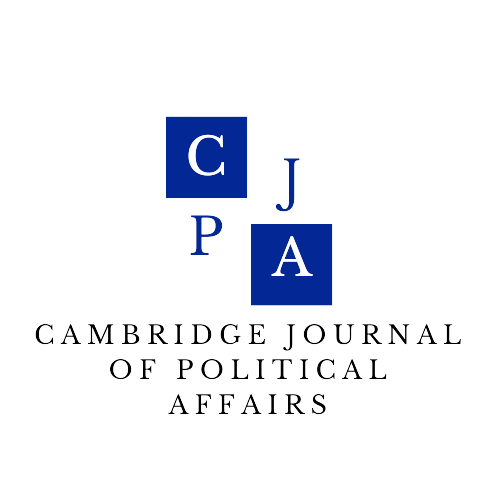The March to Mons Sacer: British Immigration Policy, 1951−1979
ABSTRACT:
Historians and political scientists have researched issues adjacent to the question of how or when governments can pursue policy with which their electorates disagree but, until now, their separate streams of work have rarely been synthesised. This paper seeks to unite these two streams by using a case study of immigration policy in the UK between 1951 and 1979 to establish the conditions under which elite policymaking is possible in democracies. Assuming a Downsian model of party competition, three necessary conditions are proposed: a non-permissive electoral system, an opposition unwilling to oppose, and no threat of rebellion from within the governing party. I use standard qualitative analytical methods, as well as some original quantitative studies of parliamentary debate topics. I argue that all these conditions were met during the 1950s, when successive Conservative governments pursued policy contrary to public opinion. By contrasting this equilibrium with the changes in immigration policy after 1961, I show that the emergence of a powerful right-wing lobby within the Conservative Party was the primary reason that the liberal immigration policy of the 1950s was abandoned.
